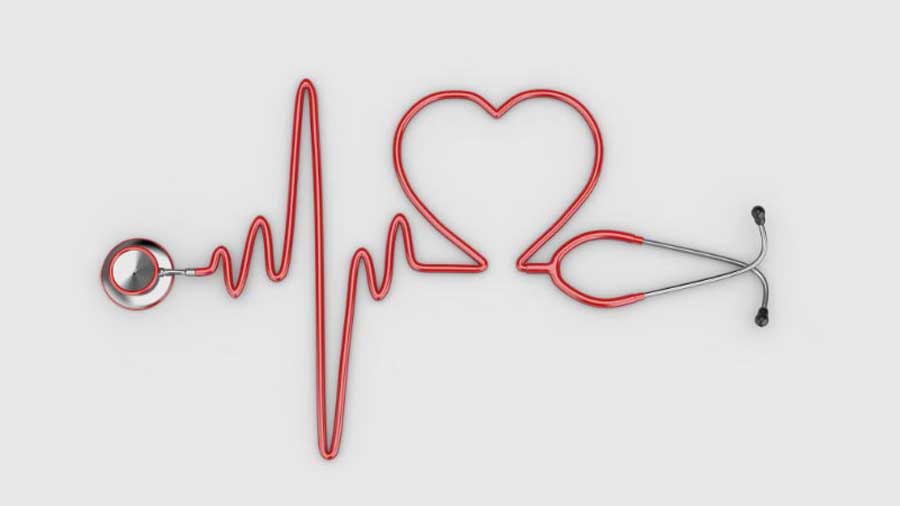Have you thought about your heart health? Our hearts are working hard every second of everyday… so let’s not take that for granted. In this article, we go ‘whole heartedly’ in to the do’s and dont’s of heart health.
Commonly categorised as cardiovascular disease, heart attacks, stroke and many circulatory disorders affect 1 in 20 Australians. They are our number one leading cause of death and affect slightly more men than women. Developing more as people age.
What are the risk factors?
Nearly 2 out of 3 adult Australians are unknowingly living with 3 or more risk factors. However, certain types of cardiovascular disease can be modifiable and improved.
There are several risk factors associated with cardiovascular disease, these include lifestyle factors such as smoking, high cholesterol, high blood pressure, diabetes, poor fitness and lack of physical activity, being overweight, an unhealthy diet, certain mental health conditions and family history of heart disease.

What habits can you change to prevent cardiovascular disease?
- Smoking: The chemicals in tobacco damage blood vessels and the heart. It reduces the amount of oxygen carried in the blood, making the heart work harder.
- Exercising: Aim to do 30 minutes to 60 minutes of physical activity every day.
- Eating a healthy, well-balanced diet: A good diet that includes vegetables, fruit as well as whole grains, good fats (such as the omega-3 oil found in fish) and lean meat will lower your blood cholesterol levels and reduce your risk of diabetes. Lowering your salt and sugar intake as well as alcohol, saturated fats and trans fats will help you avoid developing high blood pressure.
- Maintaining a healthy weight: BMI should be 25% or less. A quick check is to measure your waist.
- Sleep well: Make sure you are having good quality sleep and sleep routine. If you are still tired throughout the day, you may be suffering from obstructive sleep apnea which can lead to increased risk of heart disease. Signs of sleep apnea include loud snoring or waking up in the night due to difficulty breathing. Sleep apnea can be treated with weight loss or continuous positive airway pressure devices. Consult your doctor if you suffer from any of these symptoms.
- Avoid stress: Finding ways to manage your stress in a healthy way, such as meditation or mindfulness, can help protect your heart.
- Visit your doctor: Your GP can check your blood pressure, your weight, and blood cholesterol. This is particularly important if you have any risk factors or are over the age of 45. Your doctor may decide to complete follow-up tests, such as echocardiograms or a blood test to measure your cholesterol.
Prevention can save over 100,000 Australians a year, so book an appointment today!

